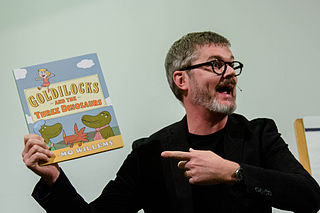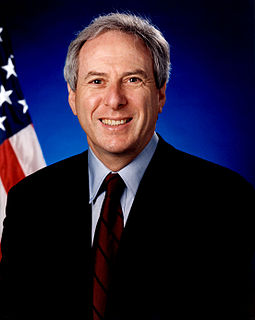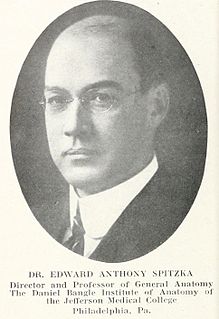A Quote by William Benton Clulow
Great books, like large skulls, have often the least brains.
Related Quotes
I think probably kindness is my number one attribute in a human being. I'll put it before any of the things like courage or bravery or generosity or anything else. Brian Sibley: Or brains even? Oh gosh, yes, brains is one of the least. You can be a lovely person without brains, absolutely lovely. Kindness - that simple word. To be kind - it covers everything, to my mind. If you're kind that's it.
A somewhat casual observer from outer space might well deduce that the course of evolution in this planet had produced a species of large four-wheeled bugs with detachable brains; peculiar animals which rested when they sent their brains away from them but performed in rather predictable manner when their brains were recalled.
One of the nice things about books as opposed to television and movies to some extent is it's not a passive entertainment. People really do get involved, and they do create, and they do have their own visions of what different characters look like and what should happen. It's great - it means their brains are working.
Books can be passed around. They can be shared. A lot of people like seeing them in their houses. They are memories. People who don't understand books don't understand this. They learn from TV shows about organizing that you should get rid of the books that you aren't reading, but everyone who loves books believes the opposite. People who love books keep them around, like photos, to remind them of a great experience and so they can revisit and say, "Wow, this is a really great book."
What is a great love of books? It is something like a personal introduction to the great and good men of all past times. Books, it is true, are silent as you see them on their shelves; but, silent as they are, when I enter a library I feel as if almost the dead were present, and I know if I put questions to these books they will answer me with all the faithfulness and fulness which has been left in them by the great men who have left the books with us.
From study of known normal brains we have learned that there is a certain range of variation. No two brains are exactly alike, and the greatest source of error in the assertions of Benedict and Lombroso has been the finding of this or that variation in a criminal's brains, and maintaining such to be characteristic of the 'criminal constitution,' unmindful of the fact that like variations of structure may and do exist in the brains of normal, moral persons.

































